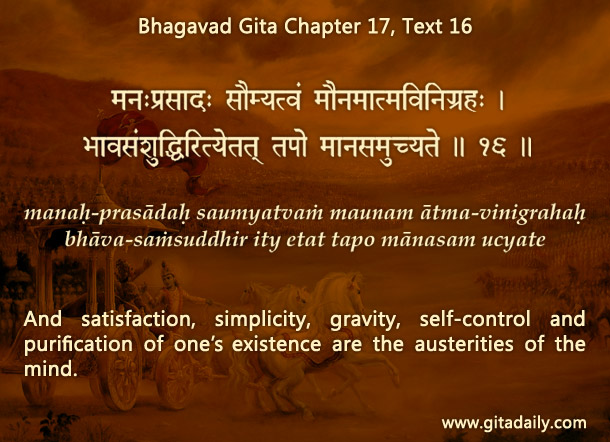If we want to cultivate gratitude, we need to review not just the way we look at our present, but also the way we look at our past. Our past is mixed in the sense that both good and bad things have happened to us — we sometimes got more than what we deserved and sometimes got less than what we deserved. Undoubtedly, what we think we deserve is subjective, yet we generally have some expectations about what comprises just rewards for our efforts.
Whenever we look back, certain memories pop up, almost as if on their own. If the memories that pop up prominently are about times when we feel we got a raw deal, then it is understandable, natural, and even somewhat inevitable that we start feeling negativity, frustration, and resentment. And if that becomes the default direction of our thoughts, gratitude will become nearly impossible.
Thankfully, though our past is unchangeable, how we view our past is changeable. More precisely, what is changeable is what we choose to focus on in our past. If we consciously and conscientiously direct our attention toward those incidents when we got more than what we deserved, then we will be able to cultivate gratitude. If we seek further guidance from Gita wisdom, we can infer that the universe and its guiding divinity have not given us such a raw deal, and, in fact, that they have given us a fairly good deal.
When we thus carefully curate the memories that we dwell on, we will appreciate how a benevolent divinity has been shaping our life in the past. And we will develop the confidence that the same divinity is shaping our life in the present and will continue to do so in the future. With such a vision, gratitude will become much easier to experience. That in turn will transform the process of cultivating contentment as a mental discipline (Bhagavad-gita 17.16) into an activity that requires less discipline and rewards more joy.
Summary:
If we remember the times when we got less than what we deserved, we will be resentful. If we remember the times when we got more than what we deserved, we can be grateful.
Think it over:
- How is our past mixed?
- How may our vision for the past make us resentful?
- How can our vision of our past foster gratitude?
Audio explanation of the article is here: https://gitadaily.substack.com/p/gratitude-for-the-past
***
17.16: And satisfaction, simplicity, gravity, self-control and purification of one’s existence are the austerities of the mind.
To know more about this verse, please click on the image


Bhakti is the austerity of mind